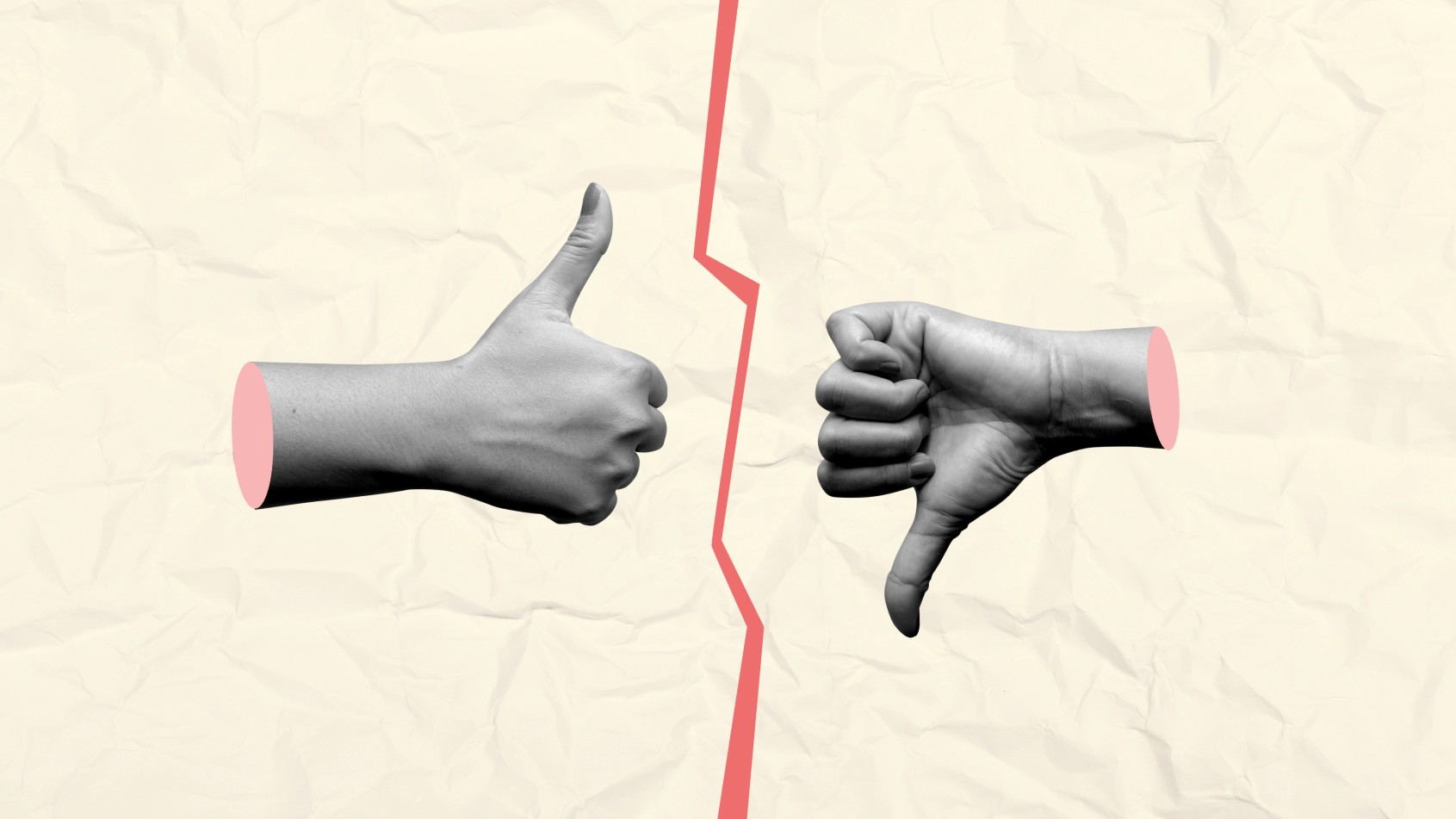The Fat Tax: An Alternative to Mayor Bloomberg’s Super-Sized Soda Ban

New York City Mayor Michael Bloomberg is not an ideologue. New Yorkers tend to like him and give him the benefit of the doubt because his motivations seem transparently rational. He is thought of as a businessman running what was once regarded as an “ungovernable city,” and he is running it as a business. And after all, he’s doing, by most accounts, a good job.
Indeed, there is a remarkable consistency with the mayor’s initiatives. As Bloomberg sees it, if something costs the city money, like guns, cigarettes, or traffic congestion, it hurts the city’s bottom line. Like a good businessman, Bloomberg looks to find the source of a problem and then cuts the head off the snake.
Take obesity.
There is an enormous public cost to obesity, and there are clear culprits, namely, fast food and the soft drink industry. Bloomberg’s “controversial” solution to this problem has a lot to do with common sense and very little to do with the mayor’s desire to nanny, play Big Brother, or “assault personal freedom.”
From an economic standpoint, we can afford to allow so-called “victimless crimes.” There’s no perfect example for this, but let’s choose marijuana. Smoking it might be harmful to the individual but that action has no demonstrable cost to society. There are other forms of behavior, however, that may not necessarily be crimes, but certainly could be considered vices, and they cost the public dearly.
Here are two sobering figures for the United States:
$190 billion in annual medical costs due to obesity
$1,850 more per year in medical costs for an overweight person than for someone of healthy weight
So who bears the burden? There are several options.
Option #1: No one. In other words, keep ignoring the problem of obesity and let the health care system absorb all of the costs. Forget about the 23% of America’s teenagers who have prediabetes or diabetes. Sugar is as addictive as heroin, and that’s just fine.
Option #2: Propose a ban on sugary soft drinks over 16 ounces, which is the baby step that Bloomberg took.
Don’t like either of those options. Here’s another one:
Option #3: Big Think contributor Dr. Barry M. Popkin proposed the idea of a fat tax as part of a series called Dangerous Ideas. The idea is simple, and based on the power of economic incentives:
If Americans were paid to eat less and exercise more they might be motivated to lose some weight—and save us a bundle on health care—says Popkin, director of University of North Carolina-Chapel Hill’s Interdisciplinary Center for Obesity.
Read the article here:
Obesity is defined by having a Body Mass Index (BMI) of over 30. You can calculate your BMI by dividing your weight (in kilograms) by your height (in meters) squared. By state, obesity prevalence ranges from 18.6% in Colorado to 34.4% in Mississippi. Colorado and the District of Columbia (19.7%) are the only two states with prevalences under 20%, while nine states, predominantly in the South and the Midwest, have prevalences of over 30%. To make matters worse, these rates rely on self-reported height and weight data, which likely produces underestimates because both men and women tend to overestimate their height and women tend to underestimate their weight.
“From a societal standpoint, if a third to a half of Americans weren’t so fat, the idea of the government providing tax incentives for the obese to eat less and exercise more wouldn’t be so controversial,” Dr. Popkin told Big Think, “In 1955, if you’d thought about taxing cigarettes you would have been run off the planet. The only difference is we have a smaller population that is healthy and thin, so we have more people who take offense because it’s affecting them. But we had the same issue with cigarettes.”
Popkin proposes two possible ways of using taxes to motivate people to lose weight. His first policy suggestion is to demand that anyone with a BMI greater than 30 who receives Medicare, Medicaid or government administered health care pay a fee if they are unwilling to prove they’ve undertaken a few predetermined exercise activities or show that they are consciously watching what they consume. Popkin admits that taxing bad behavior is different and more challenging than placing a tax on consumers products like cigarettes and alcohol, but he says there are technologies available that could enable the government to monitor obese people’s diets and exercise.
“We have devices that we could put on your throat that could measure your swallows,” Popkin explains. “We have devices now to measure how much you move, so we can see when people are engaged in activity like walking or jogging. He even suggests that obese people could wear ankle bracelets or collars similar to those used to monitor DUI felons and people on probation to prove that despite their high BMI, they’re active and eating properly. “If Americans are going to be serious about losing weight,” says Popkin, “then they need something that’s serious.”
If the idea of asking obese people to prove that they’re exercising and eating well, or else face a tax, sounds far too Orwellian, Popkin’s second suggestion is to make all Americans pay an additional flat-tax of, say, $100 a person per year, to build a pool of money which is then returned to people who either have a BMI lower than 30 or have somehow proven that they’re dieting and exercising. Popkin points to corporate weight-loss programs, in which employees are rewarded with cash for partaking in exercising, dieting, and smoking-cessation programs, as an example of how there are already versions of what might be considered a “fat tax” being administered not just in America, but around the globe.
“You could definitely look at a federally administered program like large corporate program,” says Pat Sukhum, co-Founder of RedBrick Health, a company that works with Fortune 1000 companies to create cost-neutral programs for giving employees cash incentives to lose weight. Sukhum says the right combination of extrinsic rewards (like cash) and intrinsic motivation—prodding by co-employees, friends, and perhaps government-funded publicity campaign—might even result in a return on the government’s investment. “In the long-run many of our companies more than reclaim the cost of their incentive programs,” says Sukhum.
Image courtesy of Shutterstock
Follow Daniel Honan on Twitter @Daniel Honan





